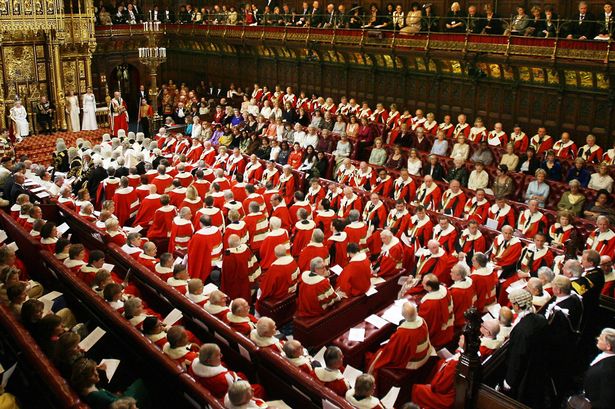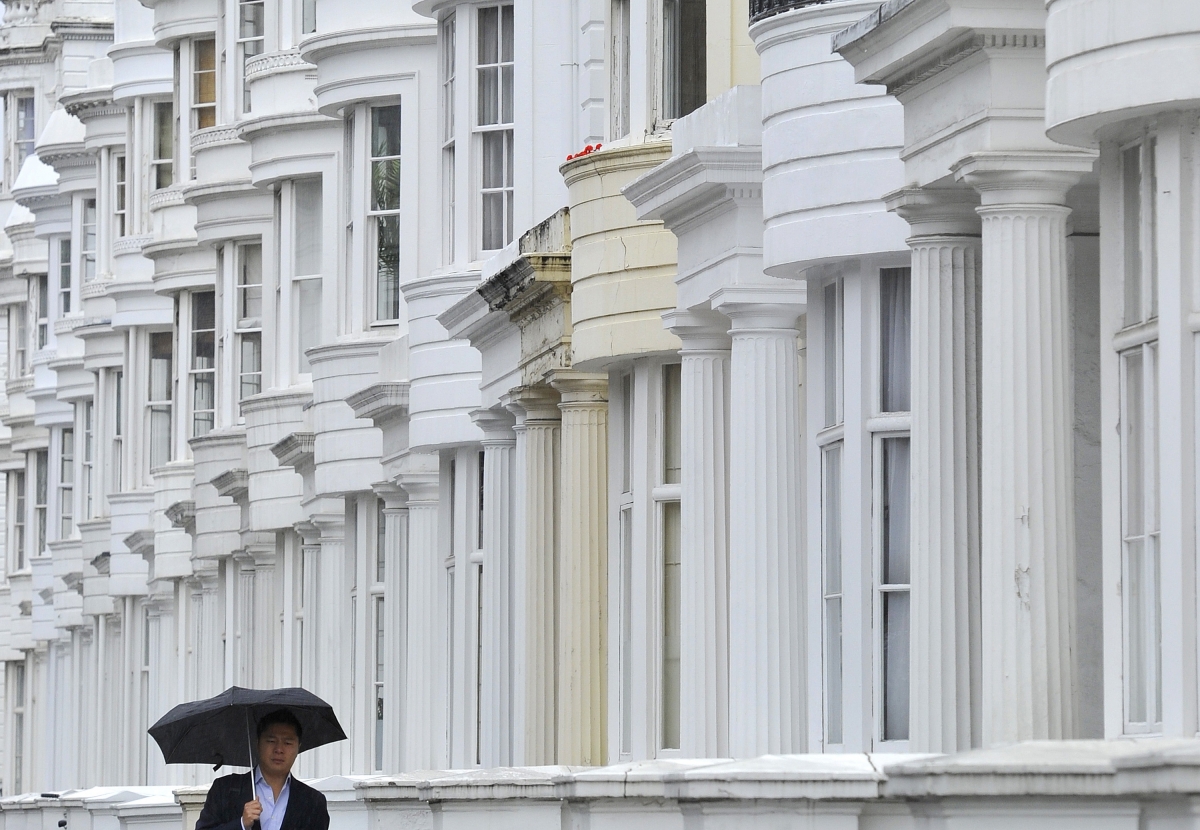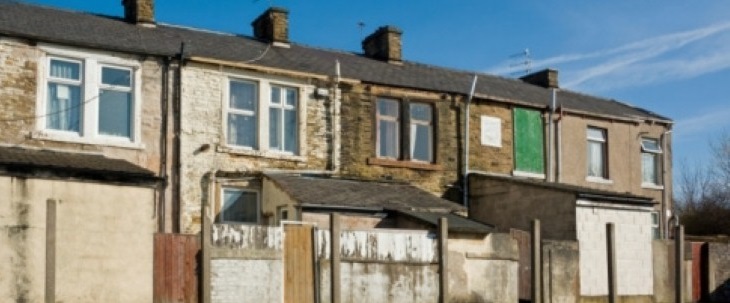Landlords in the UK may soon find it easier to track renters’s private social media content using software developed by a UK startup. The company, Score Assured, uses a program to scan prospective tenants’ social media profiles and private posts to record information such as relationship and family status. Also recorded are key words such as “no money,” “poor” and “staying in” which the company claims may indicate how reliable a tenant may be in maintaining rent payments.
The company’s co-founder, Steve Thornhill, has rejected claims that the program breaches privacy laws saying that the software is more innocent than it appears. “It’s about giving the tenant more opportunity to get the property they want,” he says. “A lot of people now, millennials, for example, don’t have credit scores — so how they can get a property when the answer from the traditional credit score is going to be no?”
Supporters of the program claim that a tenant must consent to a landlord running the program on their social media profiles before it can be used. Thornhill claims that such consent means that the program, Tenant Assured, is no different from a traditional credit check.
Others say that often tenants have no other option than to accept the download of their social media information to secure a property and hence tenants will be forced to accept an invasion of their privacy. Also consumer protection laws regulate credit checks because of their potentially large impact on consumers. Regulators also have recognized that although such checks may technically be “opt in,” they’re effectively not optional for those who don’t have the luxury of only choosing landlords, jobs or loans that don’t require them, or who work in industries or live in areas where such checks are standard practice.



